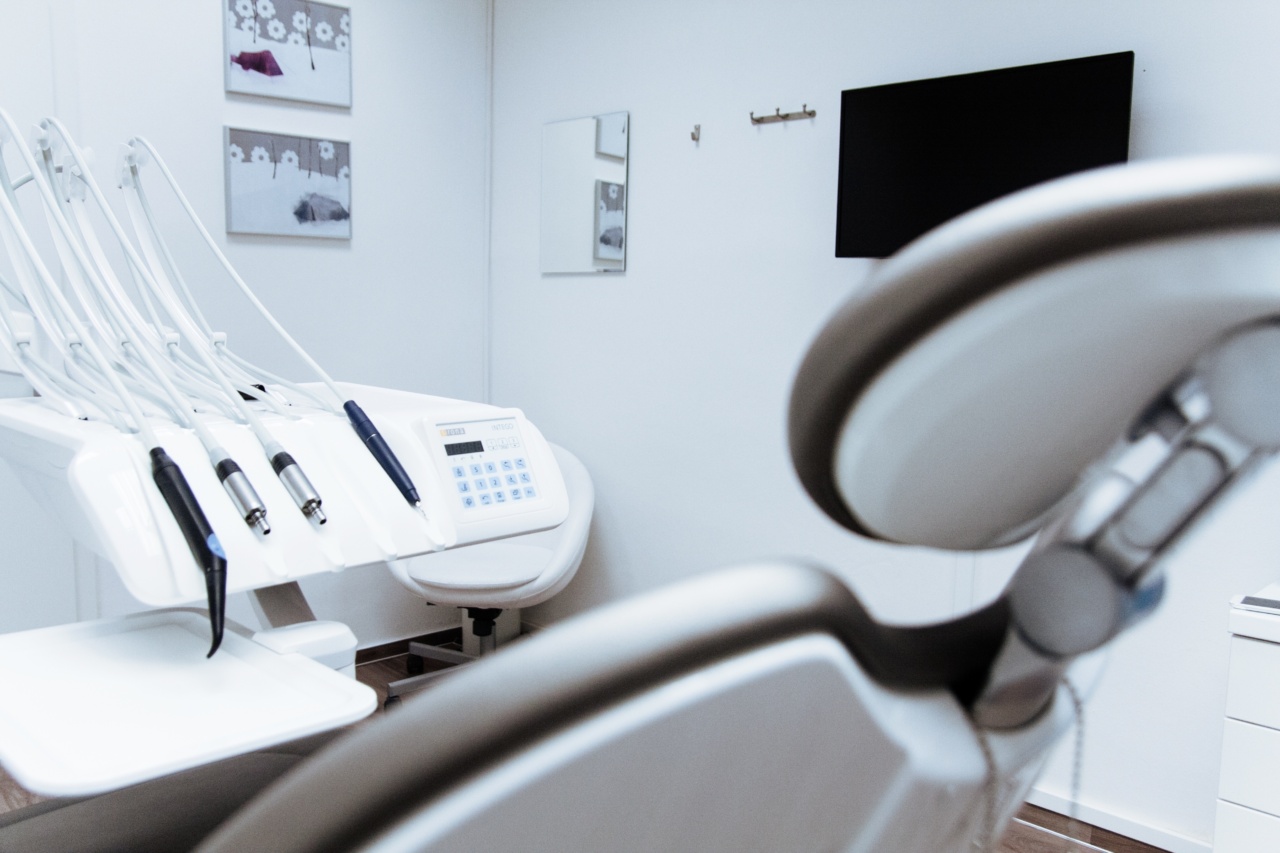Diabetes is a chronic metabolic disorder characterized by high blood sugar levels, caused by the body’s inability to produce or use insulin effectively. It affects millions of people worldwide and has numerous complications if left uncontrolled.
One lesser-known but equally important aspect of diabetes is its significant impact on dental health. Research has shown a strong correlation between diabetes and various oral health issues, making it imperative for individuals with diabetes to maintain good oral hygiene and receive regular dental care.
1. Gum Disease
Gum disease, also known as periodontal disease, is a common dental problem that affects people with diabetes more severely than those without the condition.
This chronic inflammatory condition can range from mild gum inflammation (gingivitis) to severe gum and bone damage (periodontitis). High blood sugar levels in individuals with diabetes create an ideal environment for harmful bacteria to thrive in the mouth, leading to gum disease.
2. Increased Risk of Cavities.
Diabetes can also increase the risk of developing cavities. The high levels of glucose present in saliva provide a breeding ground for oral bacteria that cause tooth decay.
Additionally, diabetes can lead to a decrease in saliva production, resulting in dry mouth. Saliva plays a crucial role in washing away food particles and neutralizing acids, helping to protect teeth. A decrease in saliva flow can increase the likelihood of cavities.
3. Delayed Wound Healing
Diabetes affects the body’s ability to heal itself, including oral wounds. Dental procedures such as extractions or periodontal treatments may take longer to heal in individuals with diabetes.
Proper management of blood sugar levels and vigilant oral care is essential to minimize complications after dental procedures.
4. Thrush and Oral Infections
Thrush, a fungal infection caused by Candida albicans, is more common in individuals with diabetes. This condition results from an overgrowth of yeast in the mouth, leading to white lesions on the tongue, inner cheeks, and throat.
Yeast thrives on the high levels of glucose present in the saliva of individuals with diabetes. Furthermore, people with diabetes are also prone to other oral infections like bacterial and viral infections.
5. Burning Mouth Syndrome
Burning mouth syndrome (BMS) is a chronic and painful condition that affects the tongue and mouth. While the exact cause of BMS is unknown, research suggests that it may be more common in individuals with diabetes.
The symptoms include a burning sensation, dry mouth, altered taste, and general discomfort.
6. Taste Disorders
Diabetes can affect the ability to taste properly. People with diabetes may experience a diminished sense of taste, altered taste perception, or complete loss of taste. This can lead to a decreased appetite, poor nutrition, and impact overall well-being.
7. Xerostomia (Dry Mouth)
Dry mouth, also known as xerostomia, is a common side effect of diabetes. It occurs due to reduced saliva production, leading to discomfort, difficulties in speaking and swallowing, an increased risk of cavities, and oral infections.
Hydration and various saliva-stimulating treatments can help manage dry mouth symptoms.
8. Temporomandibular Joint Disorders (TMJD)
Temporomandibular joint disorders (TMJD) affect the jaw joint and surrounding muscles, causing pain, jaw clicking, limited jaw movement, and headaches.
While the exact connection between diabetes and TMJD is not fully understood, studies have shown a higher prevalence of TMJD in individuals with diabetes compared to the general population.
9. Poor Response to Dental Treatments
Individuals with diabetes may experience a poor response to certain dental treatments due to delayed wound healing and compromised immune response.
It is essential for dentists to consider a patient’s diabetes status and work closely with their healthcare team to develop a comprehensive treatment plan.
10. Oral Health Tips for Individuals with Diabetes
Managing diabetes and maintaining good oral health can go hand in hand with proper care and attention. Here are some essential oral health tips for individuals with diabetes:.
– Keep blood sugar levels under control through regular monitoring and medication as prescribed by a healthcare professional.
– Practice good oral hygiene by brushing at least twice a day with a soft-bristled brush and fluoride toothpaste. Floss daily to remove plaque and debris from between the teeth.
– Schedule regular dental check-ups and cleanings to monitor oral health and detect any issues early on.
– Inform your dentist about your diabetes status and any medications you are taking.
– Maintain a balanced diet, limit sugary snacks and beverages, and follow a meal plan recommended by your healthcare team.
– Stay hydrated by drinking plenty of water to combat dry mouth.
– Avoid smoking and limit alcohol consumption, as they can worsen oral health and diabetes complications.




























